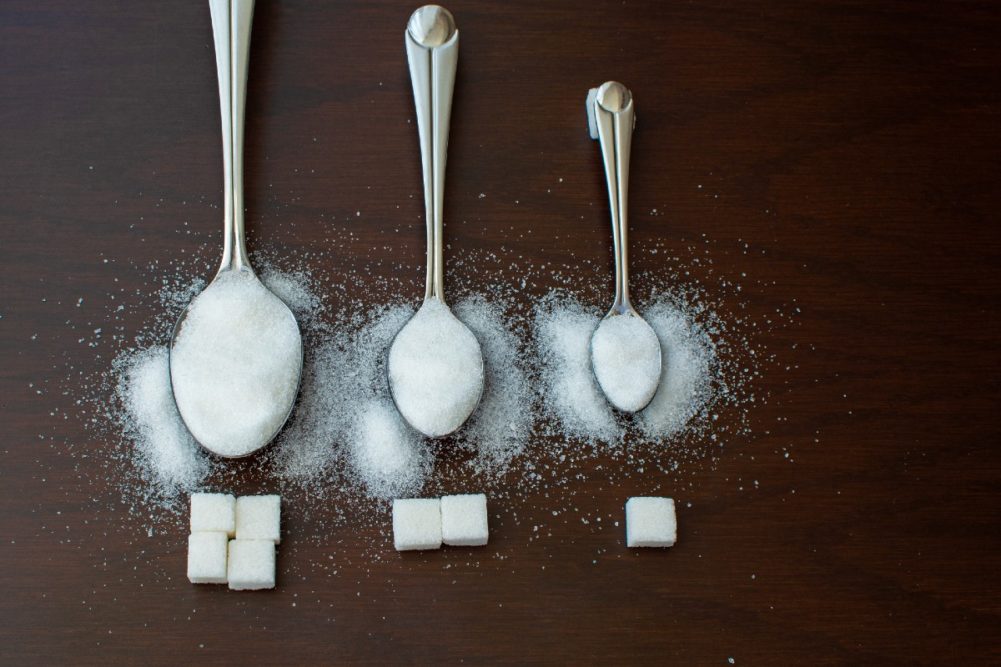VEVEY, SWITZERLAND — Nestlé SA is taking another crack at sugar reduction. The company is introducing a sugar-reduction technology that uses an enzymatic process to reduce the sugar in such products as malt, milk and fruit juices by 30%, according to the company.
The resulting ingredients may then be formulated in different applications without the need for additional sweeteners or bulking agents.
"Sugar reduction across our portfolio remains a top priority,” said Stefan Palzer, chief technology officer for Nestlé. “This new technology is a true breakthrough, as we can reduce sugar without adding sweeteners while preserving a great taste, all at a minimal cost increase.
“In addition, our scientists discovered that the sugar reduction generates prebiotic fibers that support the microbiome, which is an additional benefit. We are now accelerating the global rollout across formats and categories."
Clinical studies have shown the prebiotic fibers can support the growth of multiple types of beneficial bacteria leading to a favorable microbiome composition in healthy adults, according to Nestlé.
The process was first piloted in cocoa- and malt-based ready-to-drink beverages in Southeast Asia, and over the past year Nestlé has introduced it in factory lines for cocoa- and malt-based powdered beverages such as its Milo brand throughout several countries across Asia, Africa and Latin America.
This is the second sugar-reduction technology Nestlé has developed and publicized. In 2016, the company said it discovered a way to structure sugar crystals so the tongue perceives a nearly identical sweetness even when less sugar is formulated in chocolate. In 2018, Nestlé introduced Milkybar Wowsomes in the United Kingdom and Ireland using the sugar-reduction technique. The bars contained less than 37 grams of sugar per 100 grams, which is 30% less sugar than similar chocolate products, according to Nestlé. The company discontinued the line in 2020.

